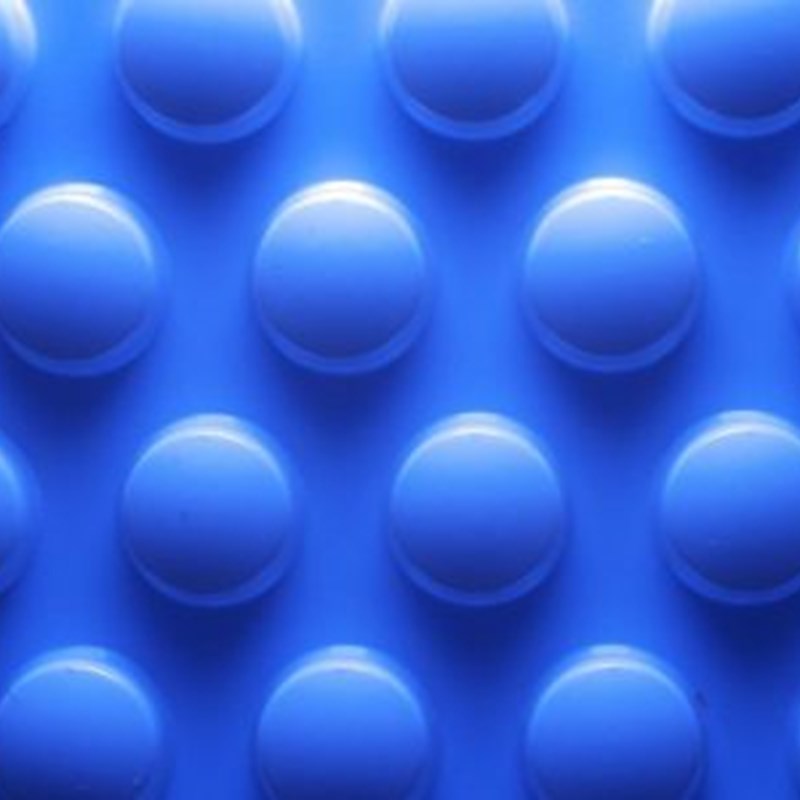
Thanks to the research and development within the scientific, medical, and technology industries, life-saving and life-changing healthcare products are constantly emerging and evolving.
As amazing as scientific and medical advances are, there is one problem that they have found difficult to solve. One of the greatest strains on healthcare is the lack of adherence to medications. Simply, if medications are not taken as prescribed, they will not be effective.
There are many reasons why patients struggle with adherence; forgetting a dose, avoiding medication due to unwanted side effects, complex dosage instructions, the frequency of doses being demanding.
What can be done to improve the chances of more of us getting it right? Read on to find out how smart technology is beginning to offer some solutions.
Ingestibles; the medical insider
Imagine if you could take a pill that tells you what is going on inside your body? Ingestibles do just that. Tiny electronic devices the same size as a medical capsule comprising of power supply, microprocessor, controller, connectivity, and sensor. Non-invasive and biocompatible (non-toxic to living tissue).
Why would you want to swallow that?
It’s certainly something to get your head around, but this nano-technology is proving to be very useful when it comes to monitoring medication usage, aiding diagnostics and providing real-time data in a non-invasive way.
So what’s out there currently?
Abilify Mycite, developed by Proteus Health, is an incredible system comprising of an ingestible, a wearable patch, a smart phone app and a web-based portal providing access to data for healthcare providers and nominated caregivers. The sensor, in combination with the wearable patch, confirms medical ingestion.
And in the future?
Other ingestibles are in development. Being able to swallow a sensor allows previously inaccessible access to the gut. Early prototypes have been created to detect gastrointestinal (GI) bleeding. The incredible sensor uses a battery powered by stomach acid. Other trials have focused on gut gas-sensing ingestibles. The data collected could help develop biomarkers for GI tract disorders. As estimations suggest that as many as one in five people globally will suffer from such a disorder, this is big news!
Smart packaging
Of course, not every sensor has to be swallowed to be of help. Adhere Tech have created IoT connected medicine bottles. Sensors in their bottles detect when the lid is removed and how much medication is dispensed. A reminder light pulses when it is time for the next dose. If a dose is missed then a chime sounds and, following that, a call or text message is issued to a nominated telephone number.
With very little set-up required and no apps needed, the device works straight from the box. Fantastic for people without access to a hand-held device, Wi-Fi or Bluetooth.
Getting dosages correct
Some diseases, such as diabetes, require very careful monitoring and specific, sometimes fluctuating, medication dosages. Swedish health technology provider Brighter have recently celebrated the commercialisation of Actiste in the market. Actiste is a connected health tech device combining a blood sampler, glucose meter and an insulin pen. The device enables the measurement of glucose levels, insulin injection and allows the logging and timing of all activity. Arkessa provides eUICC and cellular services for Actiste, which makes it a truly portable device with no reliance on Wi-Fi or Bluetooth. Actiste is able to administer the correct dosage of insulin based on real-time blood sugar readings.
Without a doubt, new technologies and developments are being made all the time. With devices like these becoming more readily available, much needed assistance can be given to our stretched medical services and busy lives. It pays to get things right.
Find out more about the challenges and opportunities that IoT brings to healthcare from Brighter CEO Henrik Norström on the Ericsson blog.